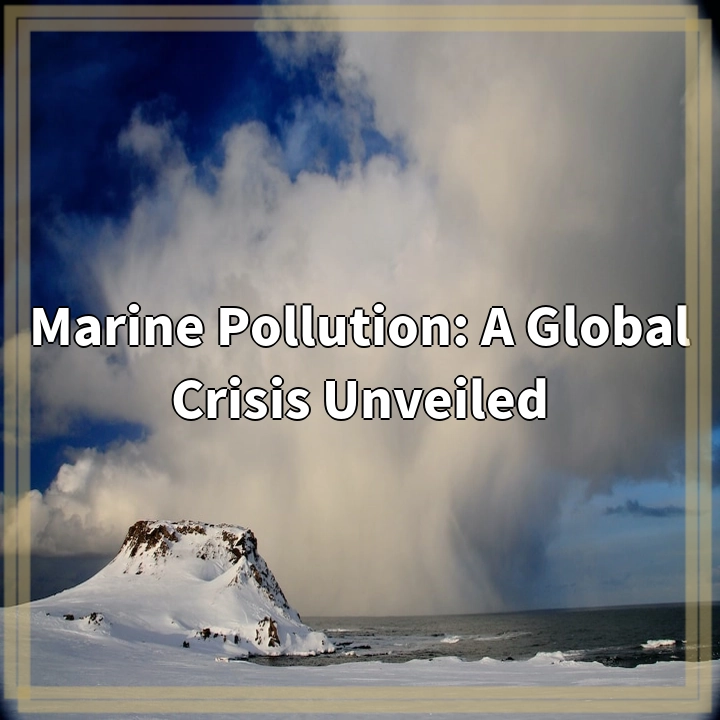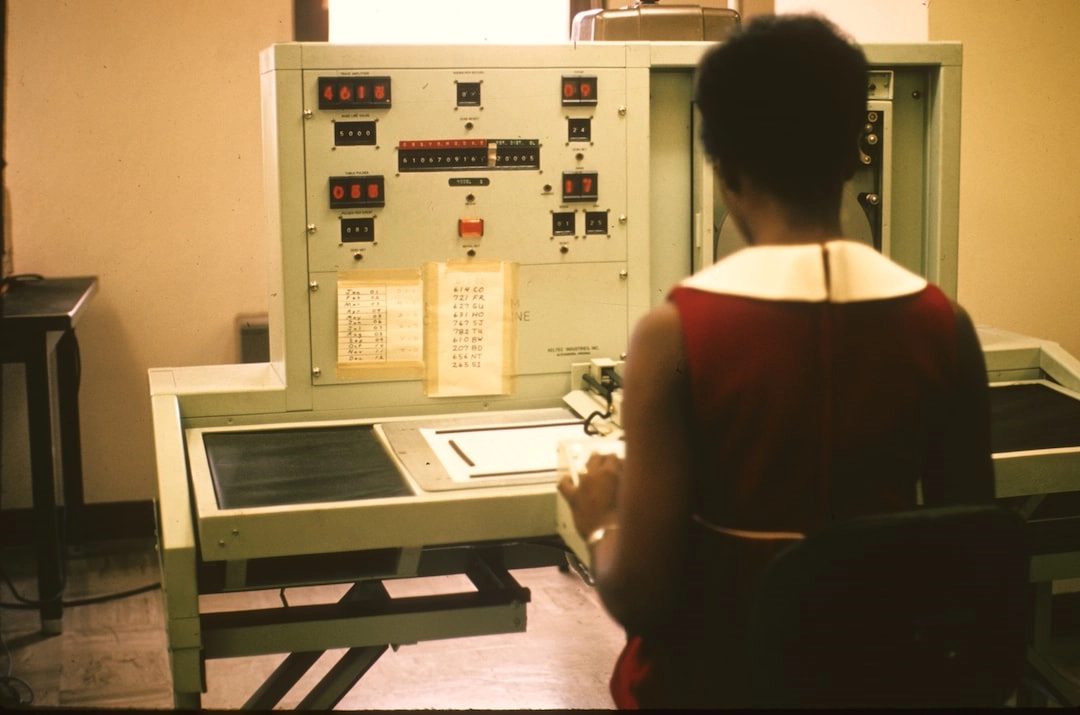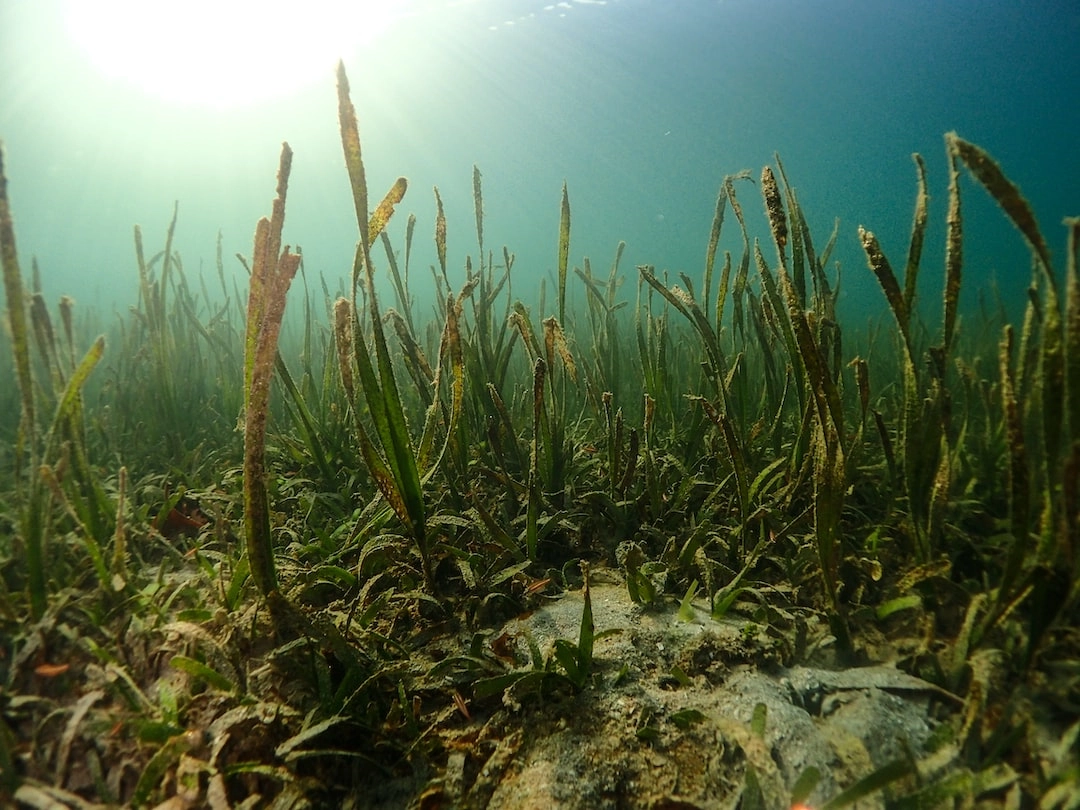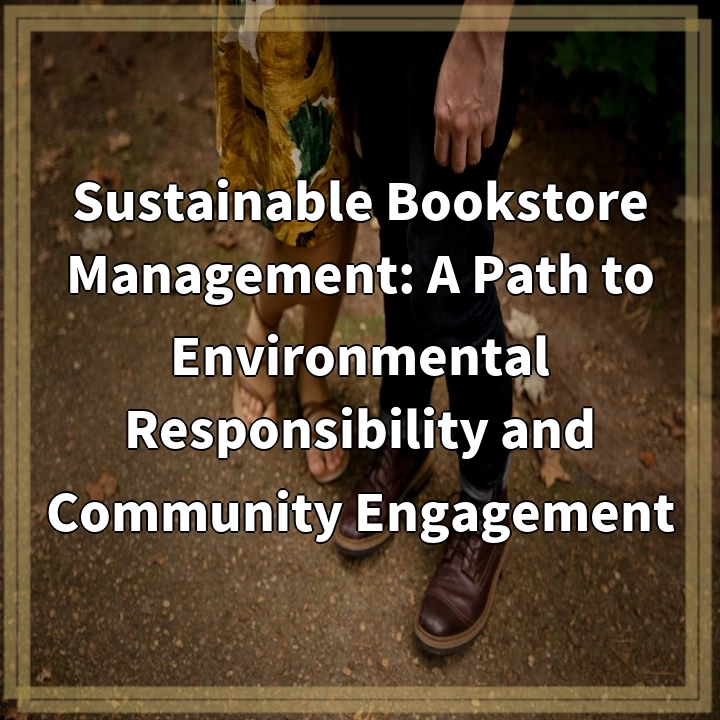
What is Marine Pollution?
Marine pollution is the contamination of the ocean ecosystem, including its waters, marine life, and habitats, by various human activities. It involves the introduction of harmful substances and pollutants into the marine environment, causing significant negative impacts on marine organisms, ecosystems, and overall ocean health.
Real-World Problems Associated with Marine Pollution
Marine pollution poses numerous challenges and threats to both the environment and human well-being. Here are some of the key problems associated with this global crisis:
Destruction of Marine Ecosystems
Marine pollution disrupts the delicate balance of marine ecosystems, leading to the destruction of habitats and the loss of biodiversity. Pollutants such as oil spills, chemicals, and plastic waste can suffocate marine organisms, disturb their reproductive patterns, and ultimately result in the decline of species populations.
Threats to Marine Wildlife
Marine animals, including fish, mammals, and seabirds, often fall victim to marine pollution. Entanglement in discarded fishing gear, ingestion of plastics and toxic substances, and habitat destruction can cause injury, illness, and even death to these creatures. The decline of certain species can disrupt the balance of marine food chains, ultimately affecting human food sources as well.
Impacts on Human Health
Marine pollution can have detrimental effects on human health through the consumption of contaminated seafood. Chemical pollutants, such as heavy metals and toxins, can accumulate in the tissues of marine organisms, leading to health issues when consumed by humans. Additionally, polluted waters can cause recreational activities like swimming and surfing to become hazardous, increasing the risk of infections and diseases.
Economic Consequences
The economic impact of marine pollution is substantial. Coastal communities that heavily rely on tourism, fishing, and other marine-related industries suffer when their natural resources become polluted and degraded. Cleanup efforts, healthcare costs, and reduced revenue from affected sectors all contribute to the economic burden caused by marine pollution.
It is vital for governments, organizations, and individuals to address the real-world problems associated with marine pollution. Implementing effective waste management practices, promoting sustainable fishing practices, reducing single-use plastics, and raising awareness about the importance of ocean conservation are just a few measures that can help mitigate this global crisis.

Solutions to Marine Pollution
Improved Waste Management
Implementing effective waste management practices is crucial for reducing the amount of pollution that reaches the oceans. This includes proper disposal and recycling of plastics, encouraging waste reduction and reuse, and implementing strict regulations on waste management at local and national levels.
Promotion of Sustainable Fishing Practices
Addressing overfishing and promoting sustainable fishing practices is vital for maintaining healthy marine ecosystems. This involves setting catch limits, establishing marine protected areas, promoting responsible fishing methods, and supporting sustainable aquaculture initiatives.
Reduction of Single-Use Plastics
Single-use plastics, such as plastic bags, straws, and bottles, contribute significantly to marine pollution. Encouraging the use of eco-friendly alternatives, implementing plastic bans or taxes, and promoting recycling programs can help reduce the amount of plastic waste that ends up in the oceans.
Enhanced Marine Conservation Efforts
Expanding and strengthening marine protected areas and implementing effective conservation and restoration measures can help mitigate the impacts of marine pollution. This includes restoring damaged habitats, promoting sustainable tourism practices, and supporting research and monitoring programs to track changes in marine ecosystems.
Education and Awareness
Raising public awareness about the importance of ocean conservation and the impacts of marine pollution is crucial for driving positive change. Educating individuals, communities, and future generations about sustainable practices, promoting responsible consumer choices, and supporting environmental education programs can help foster a sense of responsibility towards the oceans.
By implementing these solutions, we can work towards mitigating the threats posed by marine pollution and ensuring a healthy and sustainable future for our oceans.















